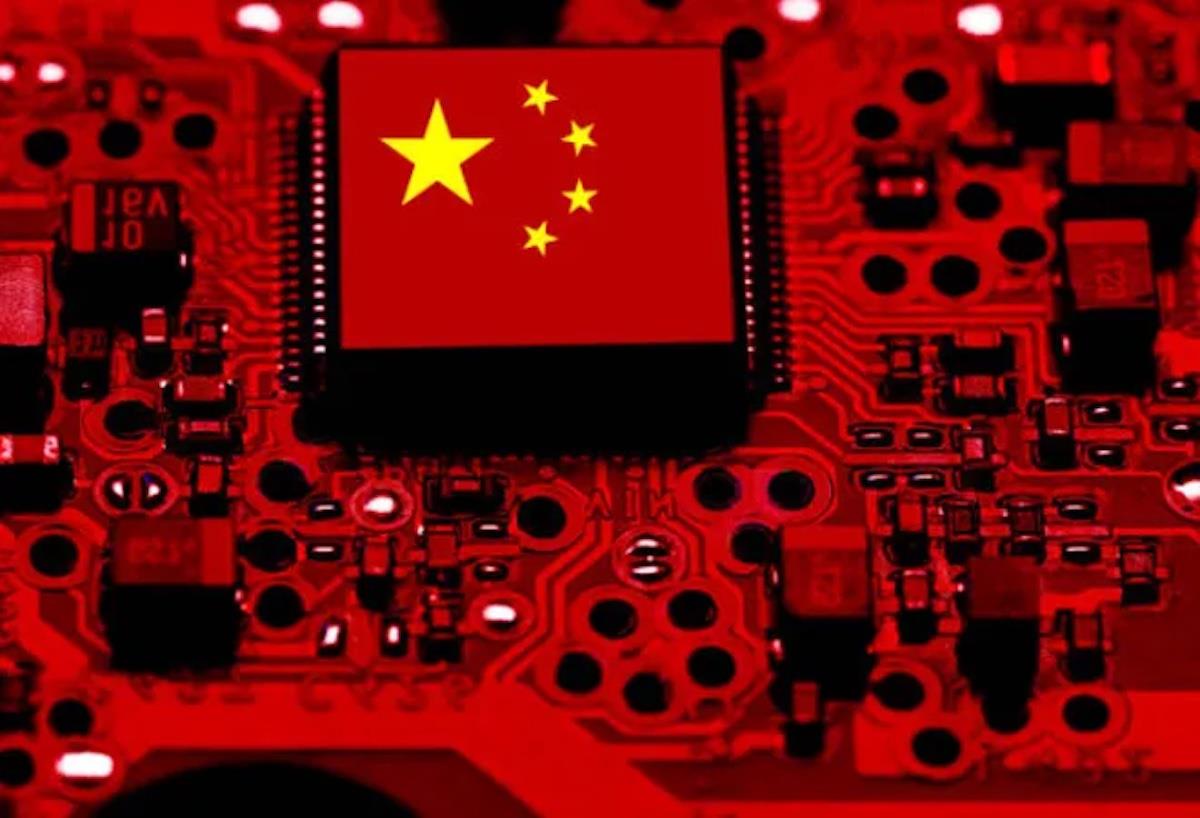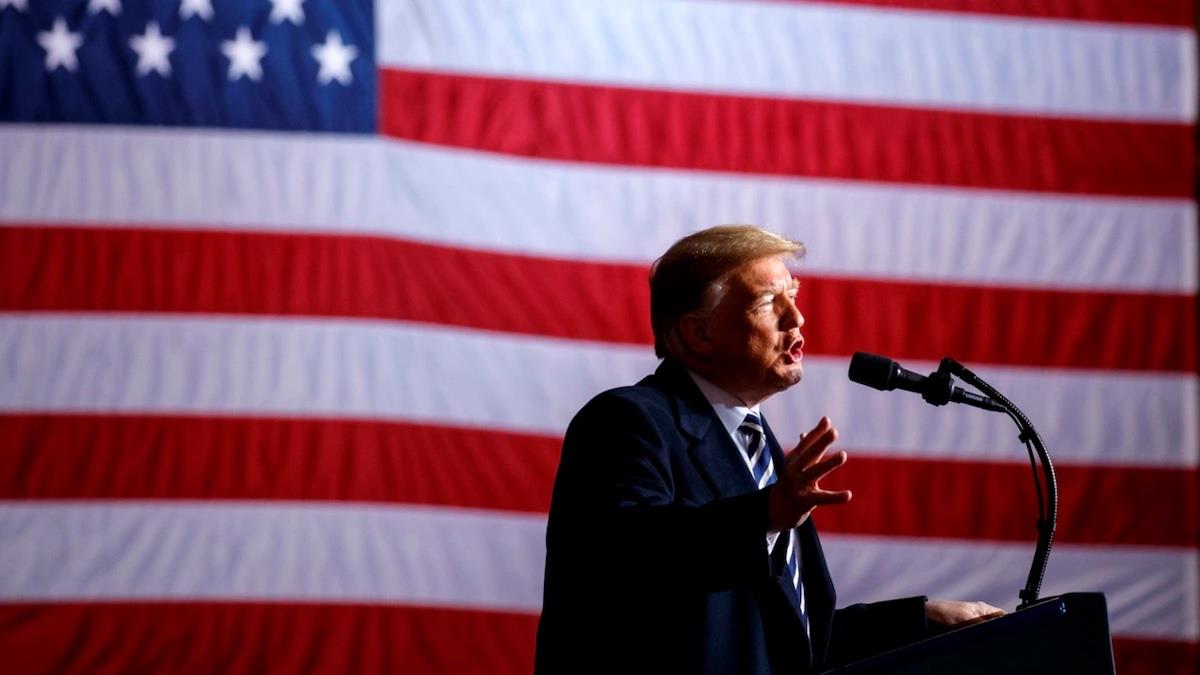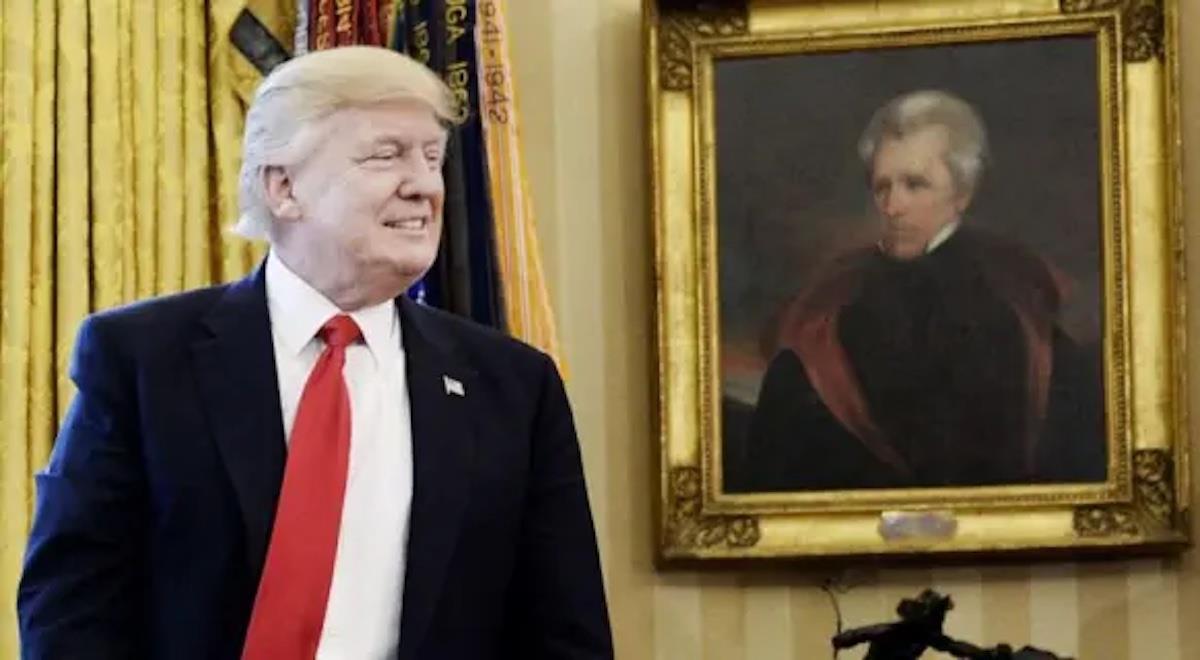
How China Plans To Rule The World In AI
In 2017, while speaking to some students about the dangers of any country monopolizing developments in artificial intelligence, Russia's President Vladimir Putin declared: “Whoever becomes the leader in this sphere will rule the world.”
This seems to be true in our current geopolitical context, as the United States and China have shifted their attention to AI as the new battlefront in the great power competition. This is evident from the increased level of AI initiatives, policies, and activities the two countries have engaged in recently.
While the actions of the US on AI (along with those of the European Union's – notably the
EU'a AI Act , the world's first comprehensive law on AI) have been the staple of everyday media coverage, China's AI approaches have not been sufficiently highlighted except in dense academic analyses that are often not readily accessible by the layperson, or in biased coverage that does not do justice to the factual content of China's strategies.
Sticking only to what's contained in China's documents on AI while providing some context where needed, this article will detail China's approach to influencing AI governance and development on a global level.
It will provide insights into how China intends to leverage AI in its bid for global influence. Hopefully, this can help inform the broader public discourse on global AI governance and serve as a guide for researchers and policymakers working on international developments in AI.
Understanding China's game plan can help other actors in AI developments and governance generally prepare and respond adequately. It is imperative that the world keeps an eye on China seeing that it is very motivated to lead in the new era of Artificial Intelligence and that whatever China does can affect us all.
The following is a summary of the ways China plans to rule the world in AI. These were derived from a review of
and a
relevant analysis , focusing on explicit expressions of China's strategy for influencing AI governance globally and its approaches for dominating AI developments at an international level.
China sees and frames AI as a strategic technology for elevating its status among the most innovatively competitive nations of the world, in addition to recognizing that AI has national security implications.
The People's Republic of China (PRC) in the New Generation Artificial Intelligence Development Plan (NGAIDP) of 2017 observed the increasing complexity that China faces in national security and international competition in a rapidly emerging world and determined that China“must, looking at the world, take the development of AI to the national strategic level with systemic layout, take the initiative in planning, firmly seize the strategic initiative in the new stage of international competition in AI development”
to create new competitive advantage, opening up the development of new space, and effectively protecting national security.
China seems to have recognized the transformational impacts of AI systems across societies and economies and is seeking to position itself strategically. The PRC seeks to become a“global science and technology power,” by having a centrally planned approach to AI aimed at creating competitive advantages in new spaces while also using AI for protecting its national security interests.
Maintaining awareness of strengths and weaknessesIn its bid to leverage AI for global competitiveness, China looks to consolidate its areas of strength. The NGAIDP noted:
The PRC went on to list other areas of China's technological leadership and accomplishments, such as voice recognition, visual recognition, industrial and service robots, intelligent monitoring and biometric identification.

Legal Disclaimer:
MENAFN provides the information “as is” without warranty of any kind. We do not accept any responsibility or liability for the accuracy, content, images, videos, licenses, completeness, legality, or reliability of the information contained in this article. If you have any complaints or copyright issues related to this article, kindly contact the provider above.


























Comments
No comment